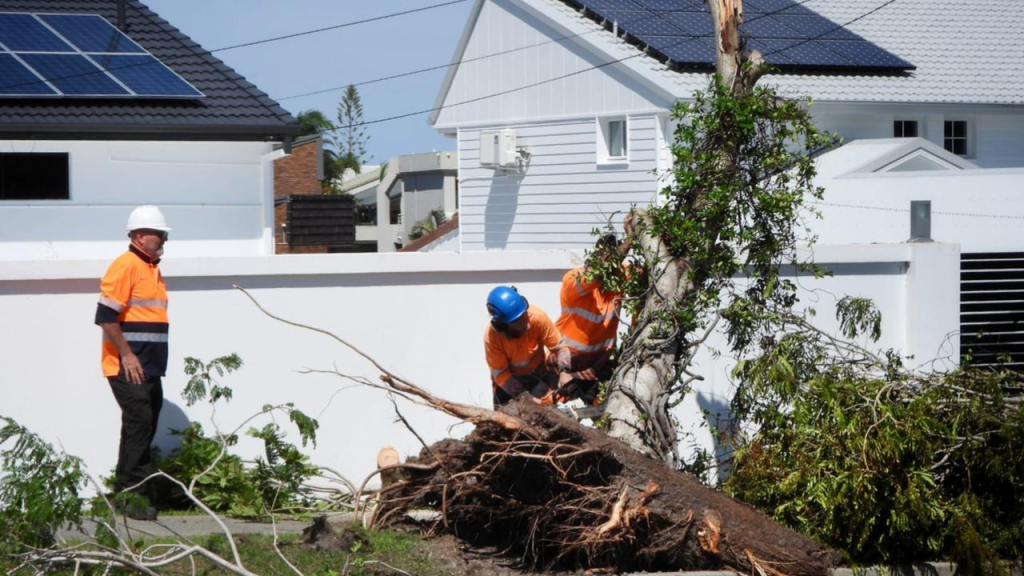The national minimum wage will increase to $812.60 per week, or $21.38 per hour, after a decision by the Fair Work Commission exceeds the government’s suggested 5.1% increase. The Commission decided to increase modern award minimum wages by 4.6% subject to a minimum increase for adult award classifications of $40 per week (full-time). The increase is effective from 1 July 2022.
The Commission has delayed the national minimum wage increase for some modern awards in the aviation, tourism and hospitality sectors. The variation determinations in respect of the following awards will operate from 1 October 2022.
Fair Work Commission president Iain Ross said economic conditions and the rising cost of inflation were putting too much pressure on low-paid workers to ignore.
“We have concluded that the changes in the economic context are in favour of an increase in the national minimum wages,” Fair Work Commission president Iain Ross said.
“Given the current strength of the labour market, the adjustments we propose to make will not have a significant adverse effect on the performance and competitiveness of the national economy.”
The FWC decision statement said: “Headline inflation is now expected to peak at around 6% in the second half of this year, partly driven by higher petrol prices and sharp increases in the cost of new dwellings.
The Fair Work Commission’s Considerations for a National Minimum Wage Increase
The Australian Council of Trade Unions proposed a 5.5% increase and the Australian Chamber of Commerce and Industry, Australian Industry Group and a number of other employer bodies proposed an increase of between 2.5 and 3%.
The most significant changes since last year’s review decision have been the sharp rise in the cost of living and the strengthening of the labour market. There has also been a sharp rise in the cost of living since last year’s review. Key considerations by the Commission included: CPI growth 5.1% over year to March quarter 2022: trimmed mean inflation 3.7%; unemployment rate 5.5% April 2021 and 3.9% April 2022.
The sharp rise in inflation impacts business and workers. The cost of business inputs increases which, depending on the capacity to pass on those costs, adversely impacts profitability. Inflation erodes the real value of workers’ wages and reduces their living standards. The low paid are particularly vulnerable in the context of rising inflation. The increased cost of non-discretionary items such as basic food staples will particularly impact low-income households and many low-paid workers.
The Commission accepted the need for moderation in order to constrain the inflationary pressures arising from this wage decision. The 0.5% increase in the Superannuation Guarantee rate, removal of the $450/month superannuation threshold and the 2022–23 Budget measures were also moderating factors.
Most employers and employees across Australia are covered by awards. If you’re unsure of how your award will be affected, classification levels and pay rates, contact Arabon accountants for advice to ensure you meet the 1 July 2022 deadline.
To learn more about how this decision will impact business, please click here.






